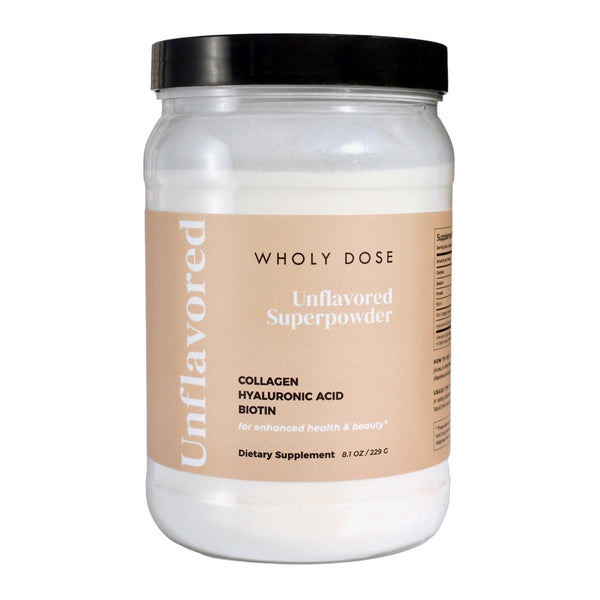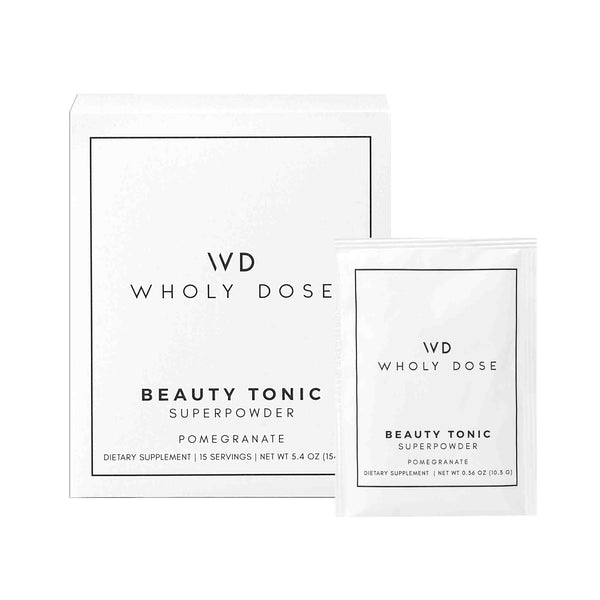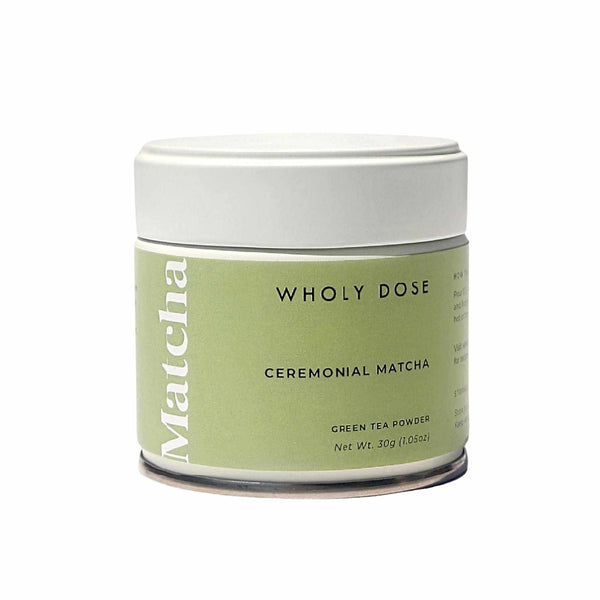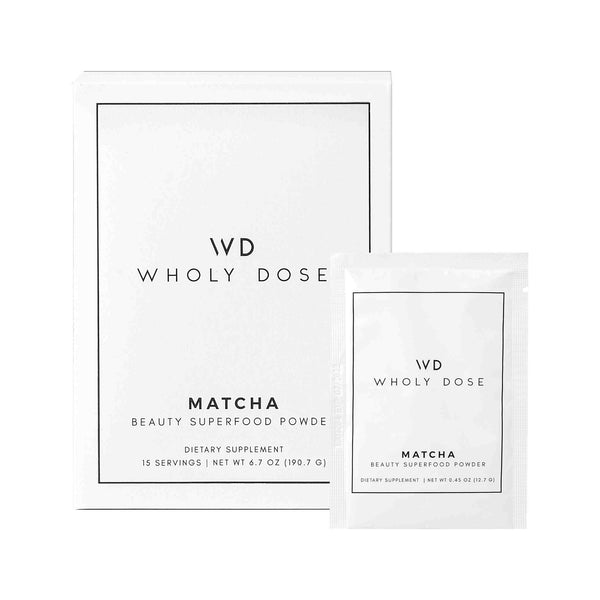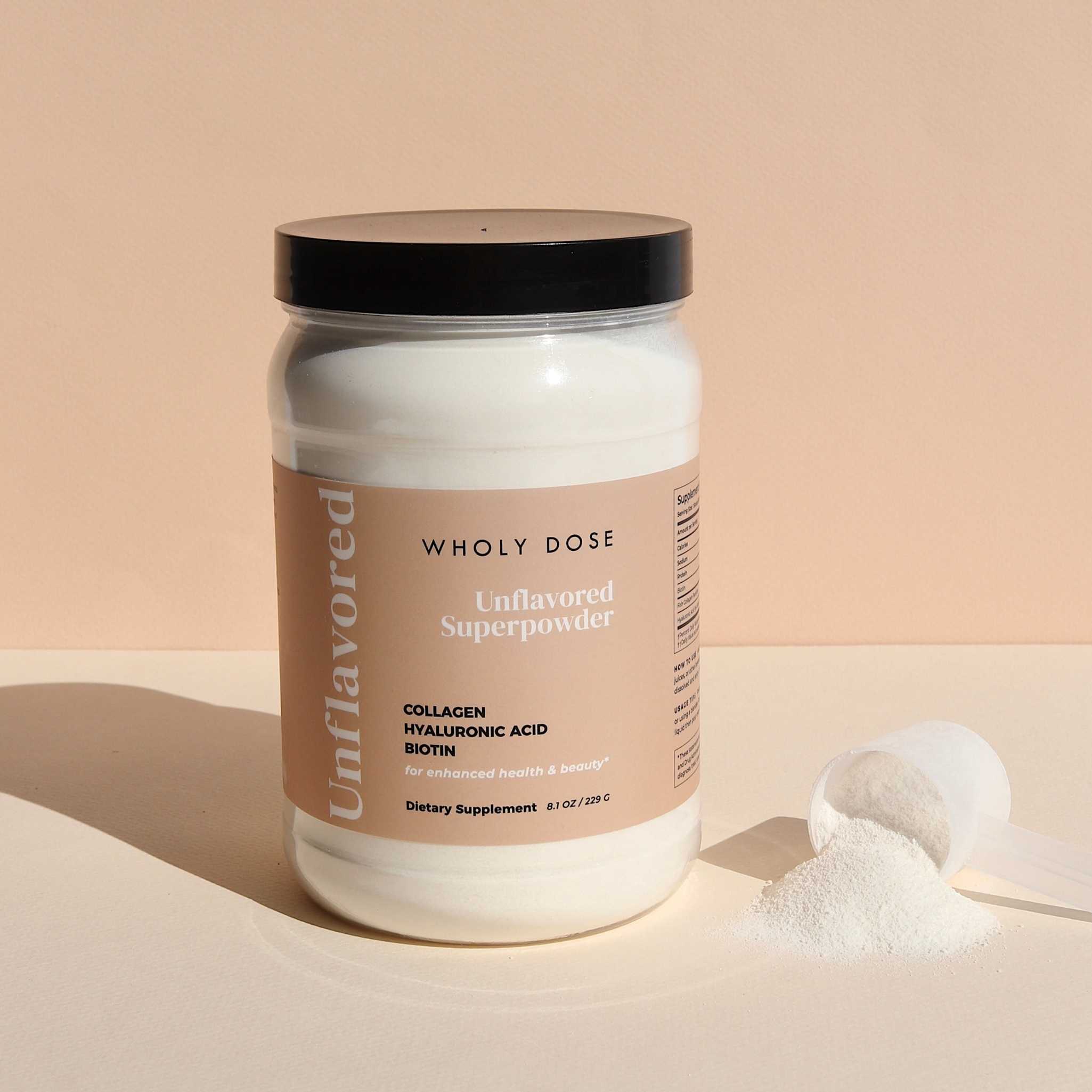
What Is Hyaluronic Acid, and Why Is It Good for Your Skin?

Hyaluronic acid (HA) is all the rage in skincare products lately. Whether you’ve seen major brands like Kiehl’s, SkinCeuticals and The Ordinary use hyaluronic acid in their skincare products, or heard it as a buzzword on social media, it’s a new ingredient used in many skincare items.
But, hyaluronic acid is also popularly taken as a supplement. There has been research that shows how this wonder ingredient can have a positive impact on your skin and its overall health.
But first, what makes this hyaluronic acid so special?
What is Hyaluronic Acid, and What is it Good For?
Hyaluronic acid is a substance that's naturally present in the human body, similarly to collagen. Its main function is to retain water to keep your tissues well lubricated and moist.
According to Healthline, hyaluronic acid occurs profusely in the skin, connective tissues and eyes. This acid helps your body's tissues stay moist and lubricated.
“Hyaluronic acid is a sugar molecule that occurs naturally in the skin, [and] it helps to bind water to collagen, trapping it in the skin, so that skin can appear plumper, dewier, and more hydrated”, states board-certified dermatologist Tsippora Shainhouse in an interview for Allure.
Furthermore, hyaluronic acid acts as a cushion and lubrication for joints, nerves, hair, skin and eyes states Kerry Benjamin, an esthetician and Stacked Skincare founder.
What Does Hyaluronic Acid Do? What Are the Benefits of Hyaluronic Acid?
Hyaluronic acid helps skin retain moisture, reduces wrinkles and fine lines, may speed up wound healing, relieves joint pain by lubricating joints, and improves bone health.
In a 2017 study, 60 participants were given a hyaluronic acid supplement to take daily for 12 weeks. After the 12 weeks, participants experienced diminished wrinkles, hydrated glowy skin, and a more youthful appearance.
Another study found that hyaluronic acid supplements help moisturize dry skin.
A 2014 study found that taking 80 to 200 milligrams of a hyaluronic acid supplement daily significantly helped those with osteoarthritis and improved bone health.
According to a study published in July 2018, after eight weeks of taking hyaluronic acid orally, participants had “significantly diminished wrinkles compared with the placebo group.” Therefore, this study’s results show that orally taken hyaluronic acid “inhibits skin wrinkles and improves skin condition.”
In another study published in December 2017, researchers found that orally taken hyaluronic acid in a organic whole food concentrate led to an increase in skin hydration and elasticity, and there was a decrease in skin roughness and wrinkle depth. The study also found that prolonged intake of hyaluronic acid has a positive impact on skin.
Is Hyaluronic Acid Safe to Take?
What are the side effects of hyaluronic acid? Currently, there are no side effects reported from taking hyaluronic acid.
According to the FDA, hyaluronic acid is considered to be generally safe to take orally and topically. Because the body naturally produces this substance, it's generally safe to take and allergic reactions are actually pretty rare.
It's recommended that those with cancer or a history of cancer should avoid taking hyaluronic acid as a supplement.
How Do You Use Hyaluronic Acid?
Hyaluronic acid can be used as a topical treatment, oral supplement, and injection. It was first widely known as an injection or found in wrinkle creams, and now more recently is found in many supplements.
As a supplement, hyaluronic acid is flavorless and can be taken as a pill, capsule, powder, or liquid form. You can mix your hyaluronic acid supplement powder in coffee, smoothies, juices, or other beverages.
According to Harvard Health Publishing, you should look for products with various sized HA molecules so they can actually penetrate the skin and work effectively.
GET RID OF WRINKLES NATURALLY, INCREASE SKIN HYDRATION
COLLAGEN + HYALURONIC ACID VITAMINS
How Often Can You Use Hyaluronic Acid?
As a topical, you can use hyaluronic acid every day and even up to twice a day, “as long as you’re applying it to clean, damp skin, then locking it in with a moisturizer and face oil” rather than on top of moisturizer or sunscreen, according to Cosmopolitan,
As a supplement, it’s safe to ingest hyaluronic acid every day as well. According to a study published in July 2014, taking 120-240 mg per day for at least a month significantly increased skin moisture and reduced dry skin in adults.
So, it’s safe to say that you can add hyaluronic acid into your daily routine and can expect to see results with consistent use.
Key Takeaways
Hyaluronic acid is a safe and effective addition to your skincare routine. This acid occurs naturally in your body and keeps your body's tissues happy and healthy. It helps with anti-aging, healing and joint pain. Hyaluronic acid is safe to use daily and can be used orally and topically, and some people even get hyaluronic acid injections. Hyaluronic acid is a helpful addition to your anti-aging skincare and health regimen.

